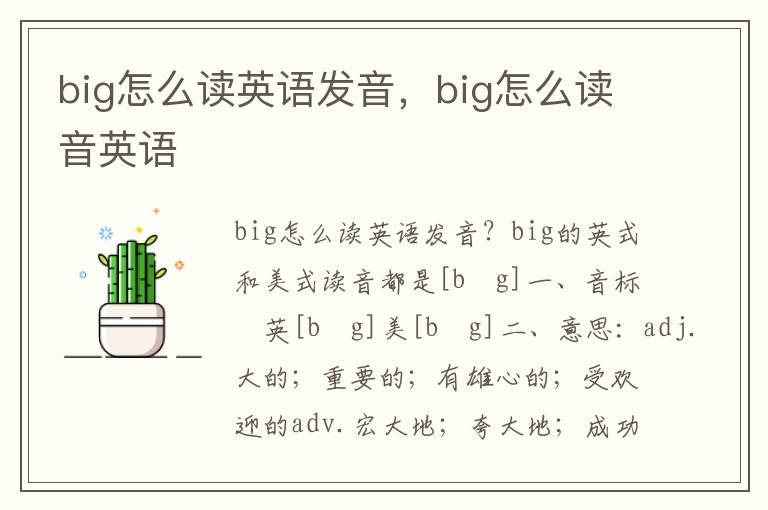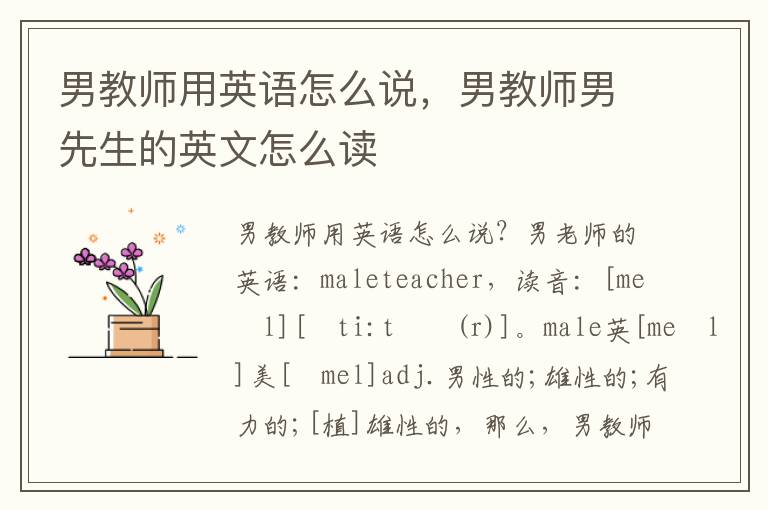【简介】感谢网友“雕龙文库”参与投稿,这里小编给大家分享一些,方便大家学习。
两条面包
[1]Miss Martha Meacham kept the little bakery on the corner (the one where you go up three steps, and the bell tinkles when you open the door).
[2] Miss Martha was forty, her bankbook showed a credit of two thousand dollars, and she possessed two false teeth and a sympathetic heart. Many people have married whose chances to do so were much inferior to Miss Martha's.
[3] Two or three times a week she received a customer in whom she began to take an interest. He was a middle-aged man wearing spectacles and a brown beard trimmed to a careful point. He spoke English with a strong German accent. His clothes were worn and darned in places, and wrinkled and baggy in others, but he looked neat and had very good manners. He always bought two loaves of stale bread--fresh bread was five cents a loaf and stale ones were two for five. Never did he call for anything but stale bread.
[4] On one occasion, Miss Martha noticed a red and brown stain on his fingers and decided that he was a struggling artist. No doubt he lived in a garret, where he painted pictures and ate stale bread and thought of the good things to eat in Miss Martha's bakery. Her sympathetic heart beat faster at the picture. In order to test her theory as to his occupation, Miss Martha brought from her room one day a painting that she had purchased at a sale and set it conspicuously against the shelves behind the bread counter. It was a Venetian scene, with a perfectly splendid marble palazzo and a lady in a gondola trailing her hand in the water. No artist could fail to notice it.
[5] Two days afterward the customer came in again, and he did notice the picture. "You haf here a fine bicture, madame."
[6]"Yes?" said Miss Martha, reveling in her own cunning white wrapping the stale loaves. "I do so admire art and paintings.., you think it is a good picture?"
[7] "Der balance," said the customer, "is not in good drawing. Der bairspective of it is not true. Goot morning, madame."
[8] He took the stale bread, bowed politely, and hurried out; Miss Martha carried the picture back to her room. How gentle and kindly his eyes shone behind his spectacles! To be able to judge perspective at a glance-- and to live on stale bread! But Miss Martha realized that, unfortunate though it is, genius often has to struggle before it is recognized.
两条面包
[1]Miss Martha Meacham kept the little bakery on the corner (the one where you go up three steps, and the bell tinkles when you open the door).
[2] Miss Martha was forty, her bankbook showed a credit of two thousand dollars, and she possessed two false teeth and a sympathetic heart. Many people have married whose chances to do so were much inferior to Miss Martha's.
[3] Two or three times a week she received a customer in whom she began to take an interest. He was a middle-aged man wearing spectacles and a brown beard trimmed to a careful point. He spoke English with a strong German accent. His clothes were worn and darned in places, and wrinkled and baggy in others, but he looked neat and had very good manners. He always bought two loaves of stale bread--fresh bread was five cents a loaf and stale ones were two for five. Never did he call for anything but stale bread.
[4] On one occasion, Miss Martha noticed a red and brown stain on his fingers and decided that he was a struggling artist. No doubt he lived in a garret, where he painted pictures and ate stale bread and thought of the good things to eat in Miss Martha's bakery. Her sympathetic heart beat faster at the picture. In order to test her theory as to his occupation, Miss Martha brought from her room one day a painting that she had purchased at a sale and set it conspicuously against the shelves behind the bread counter. It was a Venetian scene, with a perfectly splendid marble palazzo and a lady in a gondola trailing her hand in the water. No artist could fail to notice it.
[5] Two days afterward the customer came in again, and he did notice the picture. "You haf here a fine bicture, madame."
[6]"Yes?" said Miss Martha, reveling in her own cunning white wrapping the stale loaves. "I do so admire art and paintings.., you think it is a good picture?"
[7] "Der balance," said the customer, "is not in good drawing. Der bairspective of it is not true. Goot morning, madame."
[8] He took the stale bread, bowed politely, and hurried out; Miss Martha carried the picture back to her room. How gentle and kindly his eyes shone behind his spectacles! To be able to judge perspective at a glance-- and to live on stale bread! But Miss Martha realized that, unfortunate though it is, genius often has to struggle before it is recognized.









